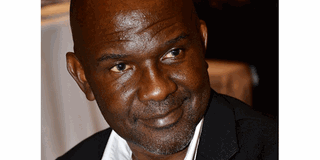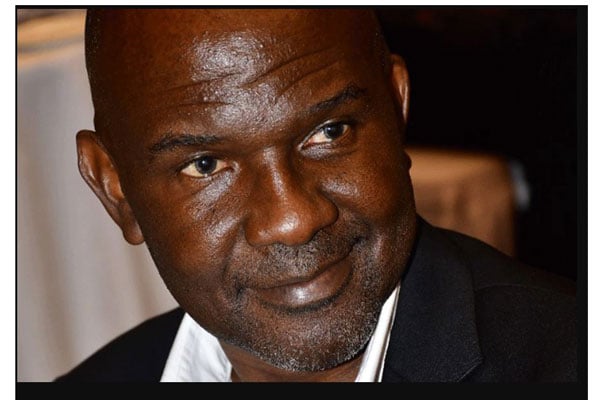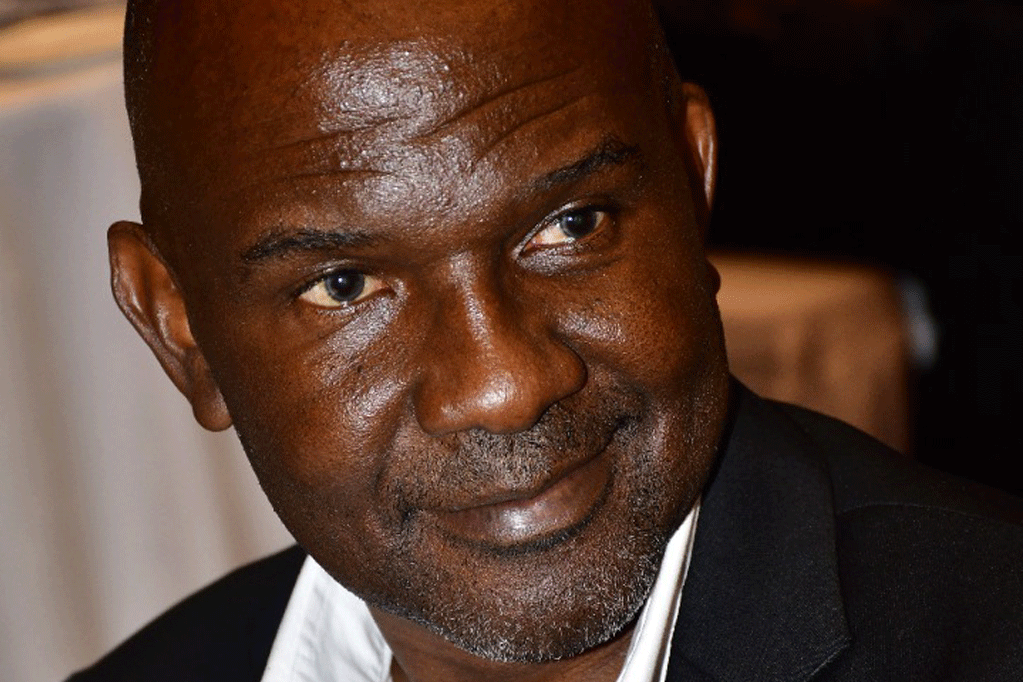Prime
Africa’s debt solution and its governance problem

Author: Nicholas Sengoba. PHOTO/NMG
What you need to know:
In many African countries governments are now for all intents and purposes at war with their people. The people who are expected to provide the revenue to run the government see no need to pay taxes.
Over the last three decades, the overbearing servant-master engagement between African countries and especially the West has ostensibly rotated around governance and economic financing.
Fingers are wagged at African leaders to style up after the fashion of Western democracy. They must carry out economic reforms with market forces reigning supreme. Also work on better governance, reduce waste and corruption, to ensure service delivery. Then of course respect human rights and freedom of the citizen with emphasis on holding periodic free and fair elections etc.
The liquorice of economic aid awaits those who make effort to tick all or most of these boxes. Aid is ultimately viewed as the panacea to the economic ills that manifest themselves politically and socially. It is the instrument that will take care of the anticipated ride from third world basket cases to middle income, enroute to first.
What has followed over the years is that almost all African countries both those genuinely seeking redemption plus the opportunistic, corrupt, inept, and the reluctant converts, have jumped on the aid bandwagon.
Of course, we have to appreciate that the lenders both bilateral and multilateral, are not exactly the altruistic mother goose in the legend. They are into lending for both influence and earning by way of interest, as a business is wont to do. As a result, the money is coming in thick and fast.
United Nations Conference on Trade and Development (UNCTAD) notes that, “…in 2022, public debt in Africa reached USD 1.8 trillion. Africa’s debt has increased by 183 percent since 2010, a rate roughly four times higher than its growth rate of GDP in dollar terms.”
Writing in the paper titled, How to Avoid a Debt Crisis in Sub-Saharan Africa,Fabio Comelli, Antonio David, Luc Eyraud, Peter Kovacs, Jimena Montoya, and Arthur Sode state that “the average debt ratio in sub-Saharan Africa has almost doubled in just a decade—from 30 percent of GDP at the end of 2013 to almost 60 percent of GDP by end-2022. Repaying this debt has also become much costlier.’
On average, most African economies now find themselves devoting between 10 percent to 30 percent and more, of their GDP to debt servicing and repayment. The irony is it eventually leads to a governance problem that, the loans were intended to solve in the first place.
If the equivalent of a third of the national budget goes to servicing and paying debt, it is almost impossible to imagine a government keeping its side of the social contract. There will be gaping holes in the social safety net with poor roads, schools, hospitals, prisons, justice and the law-and-order sector. There will be a shortage of jobs too especially for the young and restless.
The citizen who needs these services won’t wait. They will be agitated and some may resort to crime. Others will want to fight or engage in terrorism. The government loses support and is then alienated from the people it purports to represent.
The result is an insecure government that must do everything to preserve and perpetuate itself under the masquerade of ensuring peace and stability. When the support of the people wanes and hard methods become the first option, accountability to the body politic fades away. It will be a hard method from then on. When they cow the people, the government becomes arrogant as it almost does not need them. Ballots can be guided into the box by the barrel of the gun.
According to the article on the website www.military.africa titled, “The financial factsheet of Africa’s defense spending over the decade 2012–21”, African military spending followed three distinct trends. It first rose continuously between 2012 and 2014, followed by four years of decline until 2018 and then three consecutive years of growth until 2021, to give an overall increase of 2.5 percent.
This upward trend is fuelled by internal conflicts caused by political instability and terrorism determined the need for many African countries to improve their military strength. As of 2022, Algeria had the highest defence spending budget in Africa, around 10 billion U.S. dollars. The country ranked 23rd in the world.
Nigeria and Morocco followed, with a budget of roughly $5.9 billion and $5.4 billion (respectively.)’ Uganda spends about $935 million. A lot of this expenditure is financed by increased borrowing and the cycle goes on.
Then many governments deploy resources for soft power. Besides outright buying off of opponents by paying their school and medical bills abroad, it typically involves having large governments. This is to create as many opportunities for hangers on to sponge off the state and lure them from the temptation of opposing or fighting the government.
So you have large parliaments with hefty perks and all manner of officials who hardly do any meaningful and clearly defined work. Again the government may need to borrow to take good care of this constituency with cars, office space and allowances including padiem filled foreign travel.
But to put all this together there is need to have the right and trusted manpower in place. In this context it is all about patronage. Thats how nepotism and tribalism get the nod and incompetence thrives. Overall economic performance, service delivery and value for money take a back seat because the major task at hand is regime survival.
Corruption and ineptitude become a culture because the government cannot punish ‘its own people;’ some of whom are related by blood. Other untouchables are put in place and are protected by orders from above. The State is now personalised and is captured from the people. The captors then get an appetite to steal every coin in sight with impunity so there is a perpetual environment of the state of the economy having no money. You end up with rich people who produce nothing of value. Their wealth does not benefit society as it does not create employment and the resultant spread of wages and wealth.
That is how states only remain so in name as they gradually fail and grind to a halt. There is an impasse as the government in such circumstances can hardly put money to its proper use and see projects through to the end. The most that can be achieved is paying its wage bill albeit, with difficulty.
In many African countries governments are now for all intents and purposes at war with their people. The people who are expected to provide the revenue to run the government see no need to pay taxes. The government in principle thinks rightly so that they should and enforce this thought. When it falls short as most of the revenue to GDP levels in African countries indicate, it goes back to the easier route of borrowing and paying interest on loans while the country goes down the drain.
Mr Sengoba is a commentator on political and social issues
Twitter: @nsengoba




